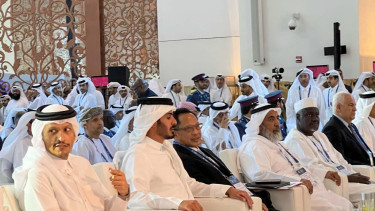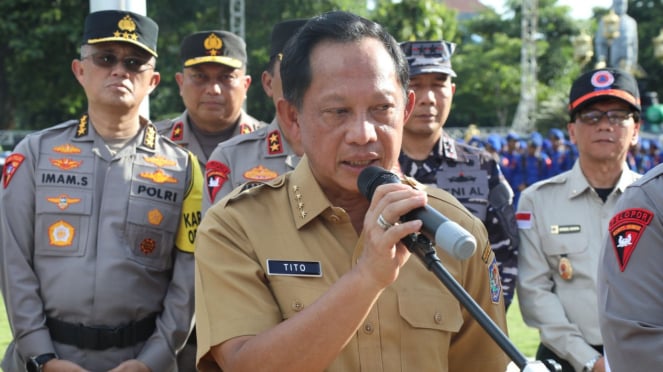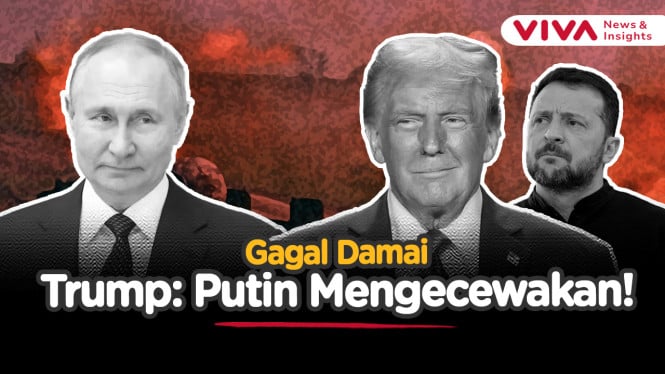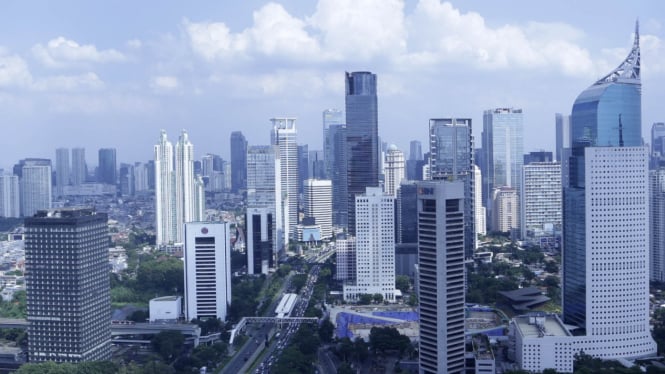Indonesia Highlighted Non-State Actors’ Role in Global Security at Doha Forum
- Dok. Istimewa
Qatar, VIVA – Indonesian Minister of Home Affairs, Muhammad Tito Karnavian, delivered a keynote address at an international forum on global security held in Doha, Qatar.
During the occasion, Minister Karnavian emphasized the importance of understanding and building effective collaboration with non-state actors in tackling transnational security challenges.
"Indonesia sees non-state actors as significant entities in the current security landscape. They are divided into two categories: hostile non-state actors, which pose a threat to stability, and friendly non-state actors, which can become strategic partners in maintaining peace and security," said the minister on Thursday (May 1).
He shared Indonesia’s experience in dealing with internationally-linked violent extremist groups, such as Jemaah Islamiyah affiliated with Al-Qaeda and Jamaah Ansharut Daulah connected to ISIS.
Additionally, Indonesia has faced prolonged armed conflicts with separatist groups such as the Free Aceh Movement (GAM) and the Free Papua Movement (OPM).
Menteri Dalam Negeri (Mendagri), Muhammad Tito Karnavian
- Kemendagri
Minister Karnavian also highlighted various challenges posed by transnational crimes involving collaboration between domestic and foreign non-state actors, such as drug trafficking, human trafficking, cybercrime, and illegal exploitation of natural resources.
According to him, these activities not only disrupt national security but also hinder the country’s economic growth.
On the other hand, Minister Karnavian stressed that many friendly non-state actors have become key partners in peace efforts and counter-radicalization.
He cited the successful peace process in Aceh as a real example, mediated by the Crisis Management Initiative (CMI) led by then-President of Finland Martti Ahtisaari and mediator Juha Christensen, who later joined the Asian Peace and Reconciliation Center.
In addressing terrorism, Indonesia has also greatly benefited from cooperation with research institutions such as the International Crisis Group, led by Sidney Jones, and the Rajaratnam School of International Studies from Nanyang Technological University (NTU), Singapore.
These organizations have provided in-depth research-based analysis on terrorist networks, including interviews with key figures within these groups.
Based on these experiences, Minister Karnavian put forward two main recommendations.
First, strengthening cooperation between countries, not just at the strategic level, but also operationally between security agencies.
The second recommendation involves engaging friendly non-state actors, such as NGOs, think tanks, and other civil society groups, in strategies for preventing and countering threats from hostile non-state actors.
"This forum is a concrete example of how collaboration between nations, research institutions, and international organizations like The Soufan Center can strengthen cross-border cooperation in addressing global threats," he concluded.






















